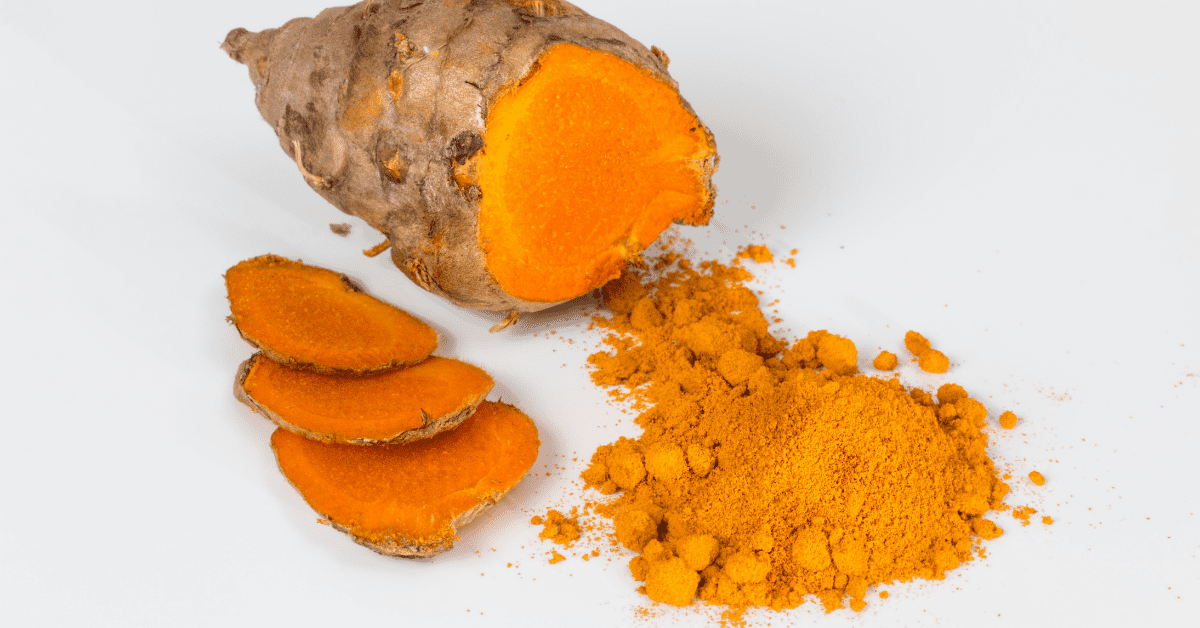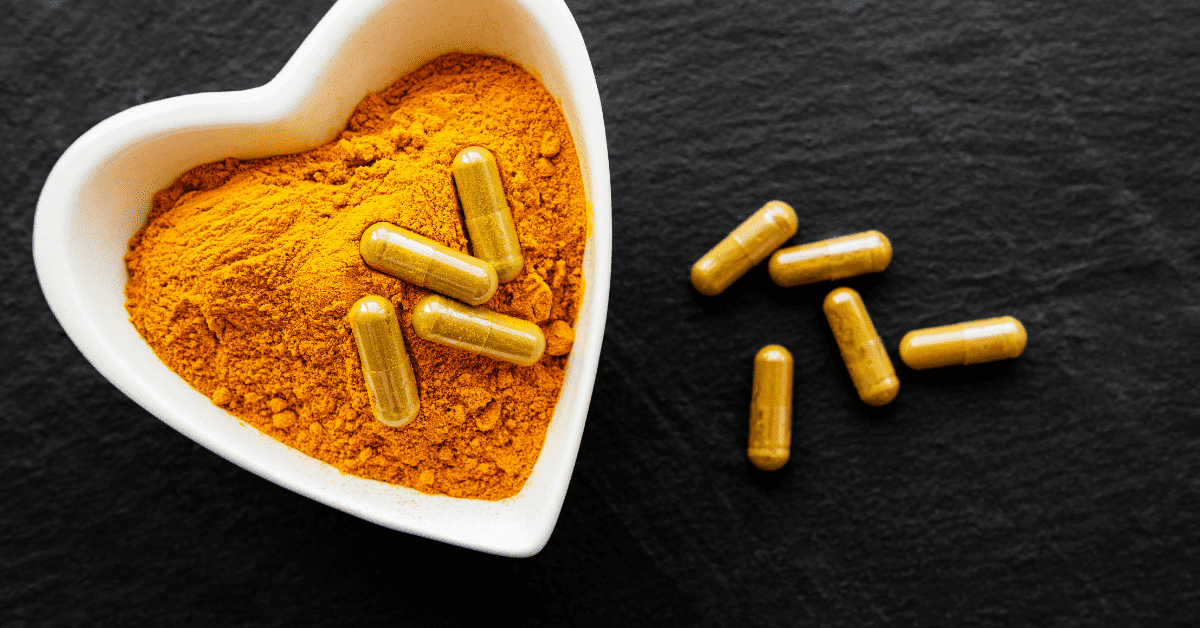When it comes to health, with or without a chronic condition like lupus, there is no super-supplement or food. It all comes down to diet and lifestyle choices. But, if there is any leaf that has stood the test of time and deserves respect, it’s Turmeric.
Did you know? Because of its colour and taste, turmeric was once known in Europe as “Indian saffron”. – Saffron is the most expensive herb due to how labour-intensive it is to harvest [1].
Q: Do you know who first referred to Turmeric as this?
A: Marco Polo in his writings about his journey to China and India in the year 1280 [2]. He said that he found a plant with all the qualities of saffron, but is a root.
Still, its use dates back at least 6000 years, to 4000 BC. It was used to worship the Sun during the solar period of India at a time when Ramchandra walked the Earth (For my Hindu friends). In fact, powdered Turmeric is still given as a “Prasad” (a benedictory material) in temples today. Also in Buddhism, Buddhist monks have used turmeric as a dye for their robes for at least 2000 years now [3].
But most of all…
Turmeric has a long history of use in herbal remedies, particularly in South Asia. Since the time of Ayurveda, the age-old Indian system of medicine (1900 BC), turmeric has been prescribed for a wide variety of diseases and conditions [4][5]. These include:
- Aches & Pains
- Allergies
- Asthma
- Diabetes
- Gastrointestinal Issues
- Inflammatory skin conditions
- Liver disorders.
- Pulmonary problems
- Rheumatisms
- Sinusitis
- Sprains
- Trauma & Wounds
- Ulcers
Many of which play a big part in autoimmune conditions!

What is Turmeric?
Turmeric is the underground stem of the plant, curcuma longa, – a member of the ginger family [6].
Native to India and Southeast Asia, turmeric is a spice of golden colour used in the Middle East and Asia.
It’s used both for flavour and as a colouring agent for foods such as rice, yogurt, and chicken. It is universal. It goes well by itself and in combination with other spices. For example, curry powder is a mixed spice with turmeric as one of the main ingredients.
Turmeric contains many phytochemicals, with curcumin being the main active component. In fact, curcumin is what gives turmeric its distinct yellow colour. It is also what research suggests is behind Turmeric’s therapeutic effects [7]. Both of which are crazy when you consider that approximately only 2–5% of turmeric is curcumin.

How is Turmeric Good for Us?
Most chronic diseases are the result of dysregulated inflammation [8][9][10].
Studies show curcumin can lower inflammation by controlling the making of several inflammatory molecules [11][12]. These include:
- Transcription factors, which are proteins that help turn specific genes “on” or “off” by binding to nearby DNA. There is one type that is of particular interest for those of us with autoimmune conditions, NF-kB. This is a protein responsible for cytokine production and cell survival. The incorrect control of which is a factor in inflammatory and autoimmune diseases [13][14].
- Enzymes involved in the inflammatory cascade, such as COX‐2, 5‐LOX, and iNOS
- Inflammatory cytokines – Signalling molecules that promote inflammation within the body. Examples include Tumour necrosis factor (TNF), Interleukin (IL)‐1, IL‐6, and chemokines)[15]
- Cell surface adhesion molecules. These allow immune cells to infiltrate tissue. Meaning they play a role in starting and spreading autoimmune diseases in the body [16].
So, let us dive deeper into whether Turmeric works and if so, can it help those of us with autoimmune conditions. Starting with the one closest to home…
Lupus Nephritis
Systemic lupus erythematosus (SLE) is an autoimmune disorder of many faces. The most common type is Lupus nephritis, which develops in over 60% of adult SLE patients… Me being one of them.
Lupus nephritis is when the immune system damages the kidney(s). Signs include foamy urine due to protein leakage (Proteinuria). As well as pink or light brown urine from blood (Haematuria).
Of the limited research out there, Turmeric/Curcumin supplementation looks favourable [17][18][19][20][21]. Consistent findings include:
- Lower protein levels in urine
- Reduced Kidney inflammation
- A drop in Antibodies
Yet, it’s worth noting that the majority of research is on mice. The one study on people found that 66.3 mg of curcumin a day, for 12 weeks, gave the above benefits, as well as [17]:
- Lower Blood Pressure
- Reduced blood in the urine
Rheumatoid Arthritis
Another autoimmune condition that shares indicators with Lupus is Rheumatoid Arthritis. Examples include joint pain, fatigue, etc. For this reason, the term ‘Rhupus’ was coined for those with overlapping symptoms [22].
Curcumin alone can improve rheumatoid arthritis symptoms [23][24][25]. What’s more, in as little as two weeks, improvements may be seen in [24]:
- Morning stiffness
- Walking time
- Joint swelling
Type-1 Diabetes Mellitus
Whereas Type-2 Diabetes is generally self-inflicted through poor diet and lifestyle choices. Type-1 Diabetes is a result of the immune system destroying the insulin-producing cells of the pancreas. This damage in turn prevents the pancreas from supplying insulin to the body.
The only possible cure for Type-1Diabetes is to control autoimmunity against certain antigens… β cell‐specific to be specific [25]. Curcumin has the ability to modulate key immune cells that play a part in destroying β cells [26][27] Thus, curcumin may delay or even prevent the onset of Type-1 Diabetes [27].
Scleroderma
Scleroderma is an autoimmune condition associated with the hardening of the skin, typically affecting the face, arms, and hands. It can also affect internal organs and blood vessels in severe cases [28].
At its worse, Scleroderma can cause major lung diseases. One example is pulmonary fibrosis, which is a main cause of death in scleroderma patients.
Curcumin initiates cell death (apoptosis) in scleroderma lung fibroblasts. Yet, it doesn’t in normal lung fibroblasts [29][30]. That said, there is a need for more research to confirm this effect.
Psoriasis
Psoriasis is another, but more common autoimmune skin condition, which affects about 2% of the general population (In the UK) [31]. The most common sign is round lesions in a cover of white-silvery scales. But, it can also affect the joints, bones, tendons, ligaments, nails, and mucosal membranes [32].
Oxidative stress plays a role in the development of psoriatic lesions [33]. Thus, it is believed that curcumin’s anti-oxidative attributes may improve such issues [34].
Psoriatic patients also have higher levels of the protein enzyme, phosphorylase kinase [35]. Meaning that suppressing this enzyme is an effective treatment for psoriasis. [36]. The good news is that curcumin is a potent inhibitor of phosphorylase kinase [37].
Curcumin has a good record when it goes against other cells associated with psoriasis also [38][39]. One study involving mice found over a 50% drop in inflammatory markers in the blood [39]. Another study using humans found a significant improvement of the skin [38].
A final note: curcumin may improve psoriasis when applied to the skin also. But it stains the skin yellow [36]. Meaning that this isn’t a practical treatment unless you’re a Simpson or a Minion.
Inflammatory bowel disease
Inflammatory bowel disease (IBD) is an umbrella term used to describe a group of autoimmune inflammatory conditions of the colon and small intestine [40]. The two most common are Crohn’s disease and Ulcerative Colitis.
Crohn’s Disease
The Crohn’s Disease Activity Index (CDAI) is a tool used to access the response, or lack of, of the condition to a given treatment. In a pilot study, curcumin improved scores on this index by an average of 55 points [41]. Blood test results showing lower inflammation markers help back this up [41].
Ulcerative Colitis
Curcumin seems to bring about remission in those with both active and inactive Ulcerative Colitis [42][43].
3 grams a day for one month was the winning formula for those with active Ulcerative Colitis [42].
Whereas two grams: one gram after both breakfast and evening meal – for 6 months – worked for those with inactive Ulcerative Colitis [43].
A more recent study did conclude that curcumin was not effective for mild-to-moderate Ulcerative Colitis [44]. But this was on the basis of a low dose of 450 mg a day for 8 weeks. That’s a daily difference of 1550 mg and 2550 mg. This highlights that curcumin’s effects on Ulcerative Colitis are dose-sensitive… higher being better.
Multiple Sclerosis
Multiple sclerosis – known as MS – is a chronic inflammatory autoimmune disease of the central nervous system. It is like a condition called Experimental Autoimmune Encephalomyelitis (EAE). Cells known as Th17 are the key players in both diseases [45][46]. Th17 are also known to play a part in producing pro-inflammatory immune proteins [47].
Turmeric should help block the progression of MS due to its neuroprotective and anti‐inflammatory properties [48][49]. Curcumin has a good track record in lowering MS-related pro-inflammatory markers. [50][51][52]. Yet, human studies are lacking.
It appears curcumin can restore Th17 cells in people with MS at least [53].
Final Thoughts
It’s clear that turmeric, or more curcumin, has enormous potential for a variety of autoimmune conditions.
It is worth noting that the majority of studies involve mice. In reality, animals’ disease differs from human disease both physiologically and biochemically.
This leaves the question; would these benefits of curcumin occur in humans?
In my eyes, it’s definitely a supplement worth using. Especially, if you have an autoimmune condition…
“What do you think? – Leave a comment and let me know what you think.”
In terms of dosage: it seems that curcumin is well tolerated in humans, with gassiness being the only side effect mentioned. In fact, doses as high as 3 grams a day, for 3 months, have been well-tolerated in humans [54]. This makes curcumin a great natural anti-inflammatory supplement to use. But on top of that, a potential alternative to NSAIDs and other medications with known severe adverse effects [55].
Pingback: Is Kombucha Tea safe to drink? -